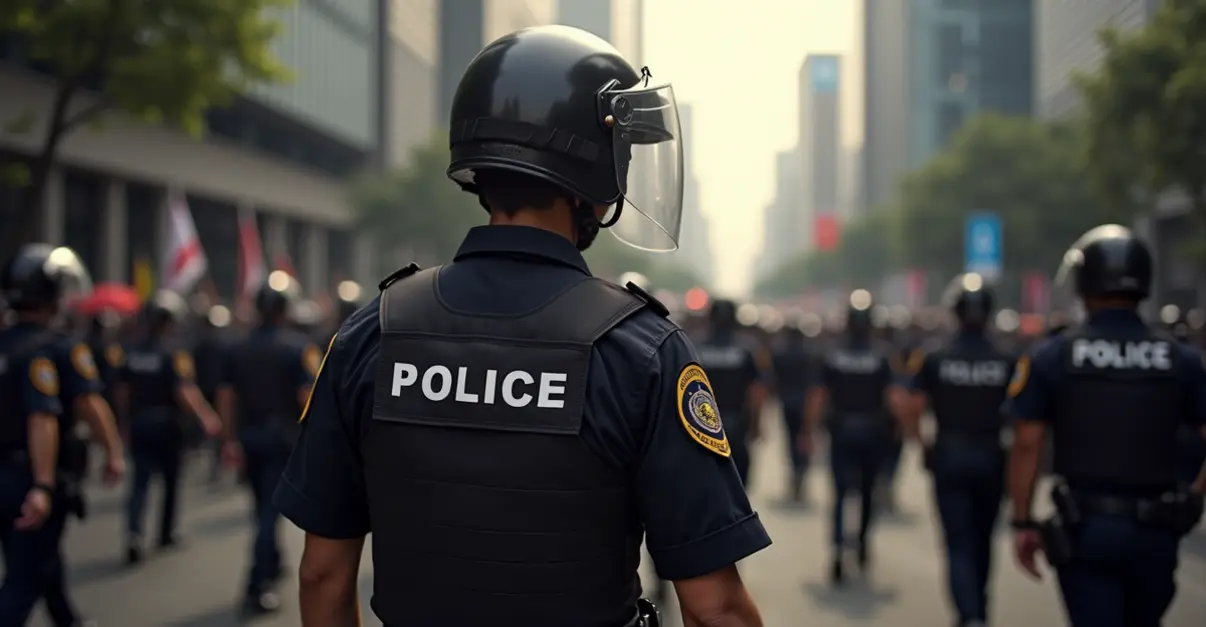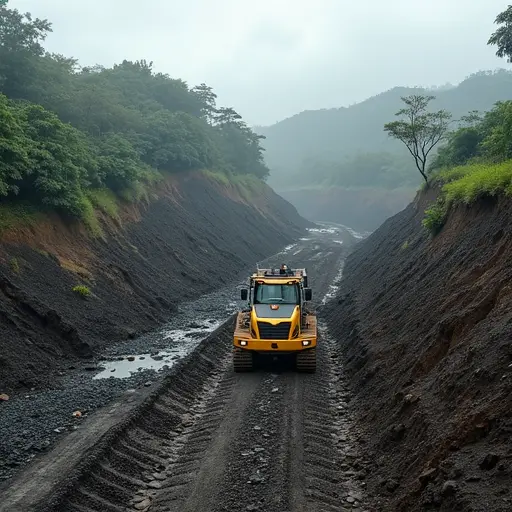
Peaceful Demonstrations Return to Indonesian Capital
Student organizations have resumed mass protests in front of the parliament building in Jakarta today, following several days of pause due to safety concerns. The demonstrations come amid heightened tensions between protesters and security forces in Indonesia's capital.
Background of the Unrest
The protests initially erupted last week following the death of 21-year-old motorcycle taxi driver Affan Kurniawan, who was killed by a police vehicle. This incident sparked nationwide demonstrations that resulted in ten fatalities and widespread property damage, including the burning of government buildings. The protests have evolved into broader demands addressing systemic issues in Indonesian society.
Key Demands of Protesters
Demonstrators are calling for comprehensive reforms including: anti-corruption measures, better wealth distribution, fairer taxation policies, and an end to police brutality. The movement represents widespread public frustration with government failures in delivering social and economic justice.
Government Response and Military Presence
President Prabowo Subianto, who took office in October 2024, has promised a tough approach against violent protesters while also committing to transparent investigations into police misconduct. The government has taken some conciliatory measures, including the dishonorable dismissal of a police commander involved in Kurniawan's death and offering free rent for market vendors in Jakarta's Blok M district for two months.
However, the deployment of approximately 3,000 military personnel on Jakarta's streets has raised concerns among human rights organizations and citizens alike. Many fear this could lead to martial law being declared, though military officials have denied such intentions.
Current Situation and Outlook
Today's protest has been explicitly announced as an Aksi Damai (peaceful action) in hopes of avoiding violent confrontations with security forces. Despite the calmer atmosphere compared to last week's violent clashes, underlying tensions remain high. The question remains how long this fragile peace can be maintained given the deep-seated frustrations among the Indonesian population.

 Nederlands
Nederlands English
English Français
Français Deutsch
Deutsch Español
Español Português
Português







